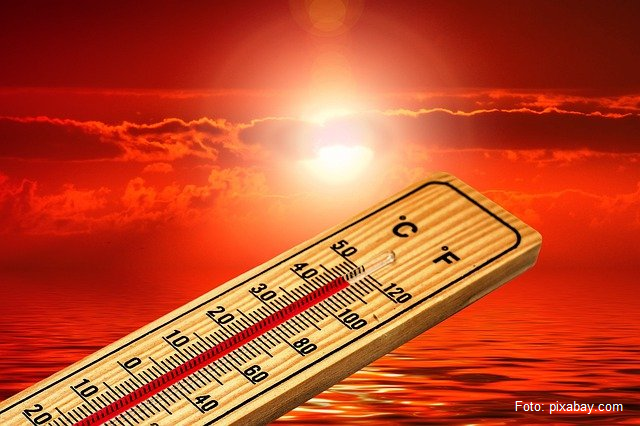Extreme heat and traffic restrictions
An extreme heat wave has hit Romania these days

Leyla Cheamil, 30.07.2021, 14:00
Romania is struggling these days with a new wave of extreme heat, which is expected to hold the country in its grips until early next week. Thermal discomfort is severe, and temperatures are reaching as high as 40 degrees Celsius. Weather experts warn that temperatures will not go below 20 degrees Celsius even at night, in some parts of the country.
The southern regions are subject to a code orange alert for extreme heat, particularly difficult to withstand, according to experts, as the temperature-humidity index is predicted to go above the critical 80-unit threshold. Also, until Sunday night, except for the northern parts of the country, a code yellow alert against extreme heat is in place in all regions, with highs expected to hit 39 degrees Celsius.
The bad news is that the first part of August is likely to be as hot, with highs predicted to stay around 37-38 degrees Celsius in the first days of the month as well, especially in the south and south-east.
The brutal heat pushed the countrys electricity consumption to a record 8,865 MW on Wednesday. Given the current weather forecasts, the National Power Dispatch estimates similar electricity consumption levels for the coming days as well.
With the heat persisting in the next period, the interior ministry has instructed its local structures in the counties subject to the code yellow and orange alerts to take measures to mitigate the effects of the rising temperatures. Interior ministry personnel will support local authorities in managing risk situations.
In turn, the National Motorway and Road Corporation announced traffic restrictions up until Saturday night, for the period between noon and 8pm, for vehicles larger than 7.5 tonnes across the country except for the counties Harghita, Neamţ, Suceava and Botoşani, in the centre and north-east. The restrictions were introduced in order to help protect and preserve bitumen road segments and to prevent asphalt distortion caused by heavy duty traffic.
The National Railways Corporation also announced that the speed of passenger and freight trains will be 20-30 kmph lower until the end of the week, to ensure traffic safety in areas where temperatures will reach 39 degrees Celsius. The measure will only be in place where rail temperatures exceed 50 degrees, to prevent rail dilation. (tr. A.M. Popescu)






























